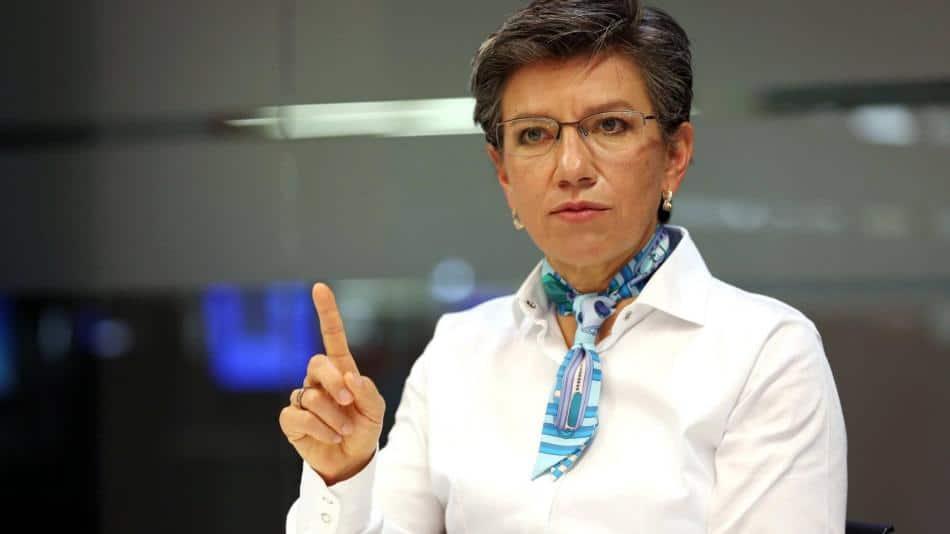RIO DE JANEIRO, BRAZIL – Bogotá’s mayor’s office announced Thursday a series of new measures aimed at stemming the wave of crime and violence in the Colombian capital, including a new police force and restrictions on motorcycles.
To this end, the Anti-Robbery Command was created, composed of 357 police officers and executives from the Security Secretariat, and will begin its work in Usaquén, Suba, Chapinero, Barrios Unidos, and Teusaquillo, where the most significant insecurity prevails.
In addition, a surveillance drone, controlled from a mobile unit, will conduct aerial patrols, and more than 100 surveillance cameras will be deployed to monitor and track at strategic points.
In total, the Secretariat of Security, Coexistence and Justice will invest 5 billion pesos (a little more than US$1.3 million today) in equipping security fronts and citizen networks and connecting surveillance cameras in commercial establishments.

The mayor’s office has also updated its most-wanted list, which includes the city’s 10 “most dangerous criminals accused of committing serious crimes,” the body said in a statement.
“I remind citizens that we are offering rewards of up to 20 million pesos for information that will allow us to catch those responsible for robberies or homicides in the city,” said the mayor, Claudia Lopez.
MORE RESTRICTIONS.
On the other hand, from April 11, restrictions will be imposed on motorcyclists between 7 p.m. and 4 a.m. on Thursdays, Fridays and Saturdays, while motorcyclists “will have to wear their license plate visibly on their helmet and clothing.”
“This is for their protection and to prevent, as unfortunately happens, thieves, criminals or terrorists use the motorcycles to commit illegal acts,” explained the mayor.
Likewise, in collaboration with the Ministry of Labor, operations and sealings will be carried out in nightclubs “that act as union organizations, and all public nightclubs must be connected to a security net and/or front.”
From 10 p.m. to 4 a.m., “no groups are allowed,” people may only cross parks, environmental corridors, and urban plazas, and the consumption of alcohol, music and excessive noise is prohibited.
“Bogotá, the capital of the country and the administrative headquarters of the national government, is always a target for different criminal groups,” López said at the end of a District Security Council meeting Thursday.
“We know that the security measures we are taking will have a positive effect,” she said.

